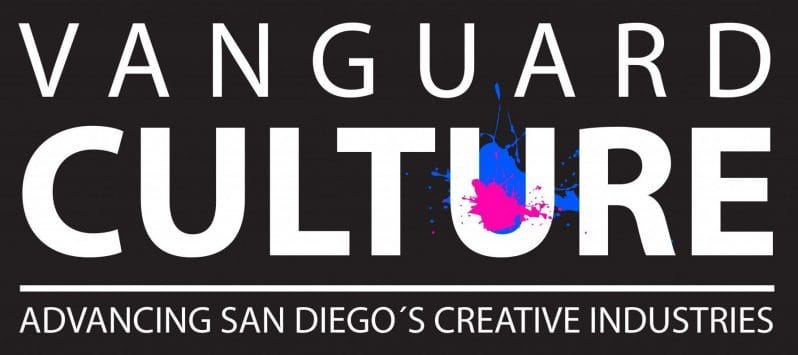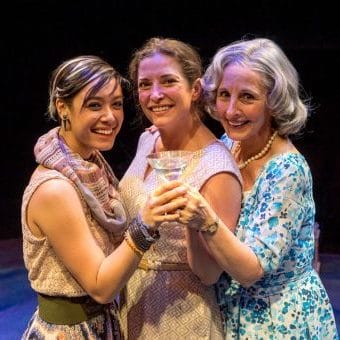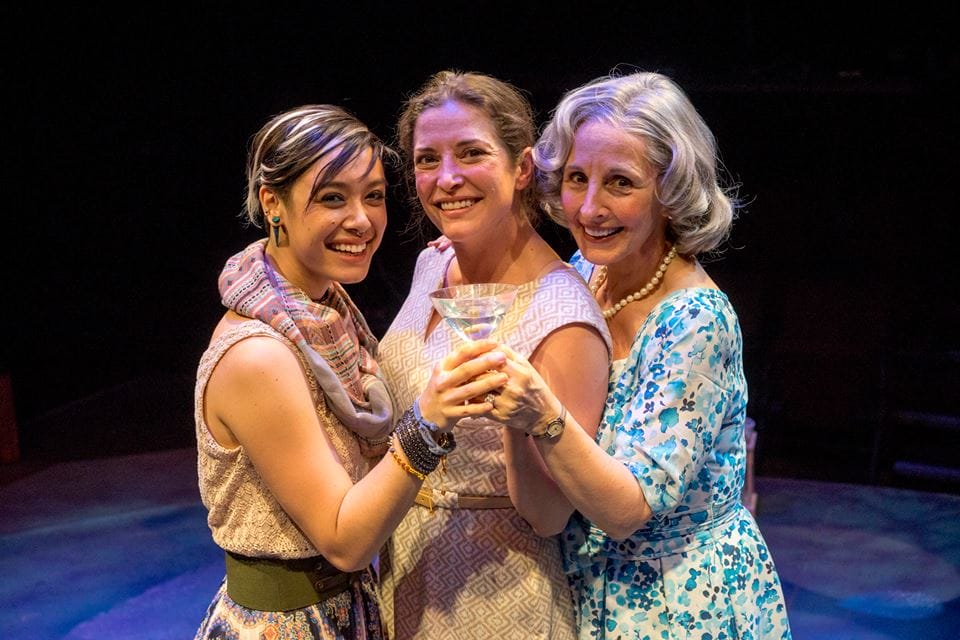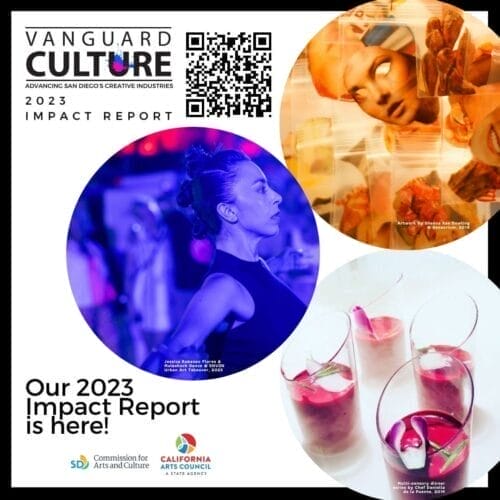Whetting the Appetite: Review of SDRep’s production of Rapture, Blister, Burn
San Diego REPertory Theatre
Article by Celia Gold
It’s an exciting premise: three generations of women talking about feminism, reflecting on their lives, and looking toward their futures with all the hope and trepidation one expects from the unknown. A play about the personal and the political that takes place in a context that acknowledges the instability and precarity of the boundaries between the two. So when my editor extended a call for a review of the San Diego Repertory Theatre’s Rapture, Blister, Burn I jumped at the opportunity.
Written by award-winning playwright Gina Gionfriddo, the play centers on the relationships between four women and an unremarkable yet inexplicably desired schlub (such is the Romantic Comedy way, I suppose). Catherine Croll, played by Paige Lindsey White, is a successful university professor who moves home to care for her mother who has recently suffered a heart attack. While there, Catherine seeks out two figures from her collegiate past: her ex-boyfriend and her former roommate, now married to each other. Their babysitter, Avery Willard—a composite of third wave feminism’s racier theorists and millennial slapstick played by Jennifer Paredes—is tellingly responsible for carrying the majority of the play’s physical action.
The standout performance, however, is unquestionably Susan Denaker’s portrayal of Alice Croll, Catherine’s won’t-slow-down-is-it-time-for-a-cocktail-yet mother: her nonchalant declaration, “Your life begins when your mother dies,” brought the house down. It’s Alice who gestures toward a question I was hoping the play would address: how do we—and can we only ever—negotiate between each other’s subjectivities given that we can never have full access to each other’s experiences?
That said, questions regarding navigating, let alone crafting, a life as a minoritized subject arise only subtextually, and remain there. Of the trifecta of globally oppressive institutions—white supremacy, capitalism, and heteropatriarchy—only the latter and only part of it is on the table, even though the bulk of the first act takes place in a summer school course devoted to theory. This is embodied in the character Gwen Harper, Catherine’s college roommate, who is given a number of punchlines delivered with deadpan deftness by Sandy Campbell, yet on the night I was present the audience exclusively laughed at the jokes made by Gwen’s husband at her expense. Not laughed, roared. Chalking such instances of disparagement up to the “caveman male brain,” as it is continually dubbed in the play, all too often smacks of pandering to us outspoken ladies who take umbrage with misogyny. Rapture is no exception.
I had hoped for better from a work that self-describes as feminist. But what exactly is it that I had hoped this play would do?
With all due respect to other reviewers, it’s neither radical nor generative to propose that being a woman interested in men, or casual sex, or having children jives fine with feminism writ large. It does. The primary problem with this play is that it takes place within a frame that foregrounds those ideas as interventions rather than summaries of 30 year old texts. I’m confident many audience members were exposed to some of these ideas for the first time and possibly even felt validated or vindicated from certain tedious social pressures as a result of seeing this play. There is value in tracing lines of thought, of presenting histories and herstories, and in learning ideas that may be new to you even if they won’t reinvent the wheel for others. And this play will likely serve this function for some.
There are indisputable and glaring omissions in this familiarly scripted history of feminism. I don’t think I expected it to be all-encompassing: no play, no critique, and no life possibly could be. But I wanted things from this play that it didn’t deliver. My appetite for more and better analysis remains. From Rapture, Blister, Burn I learned that I’m ambivalent about what I want from feminist performance whether so-called or bona fide, theatrical or quotidian. But I am getting clearer on the fact that I don’t always want it to do the same thing. I understand that what I’m hungry for is as difficult to find as it is to create. Art and cultural productions that take up feminism and movements of its ilk are vital. They serve as fuel. I’m reminded that this fuel sometimes functions primarily to whet an appetite for more.
What will you learn about yourself?
“Rapture, Blister, Burn” runs through May 15th at the San Diego Repertory Theatre. Tickets can be purchased HERE.
IMAGE: Daren Scott




